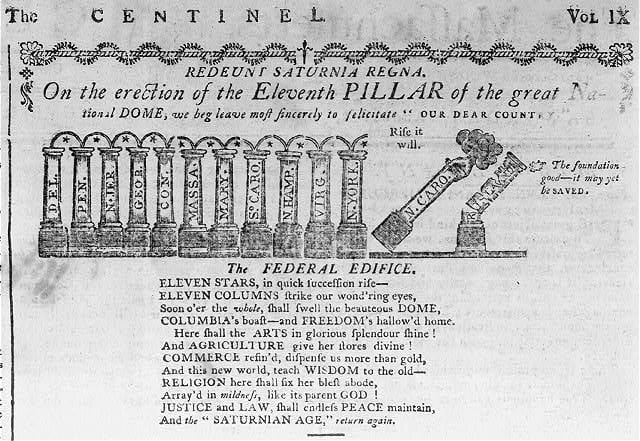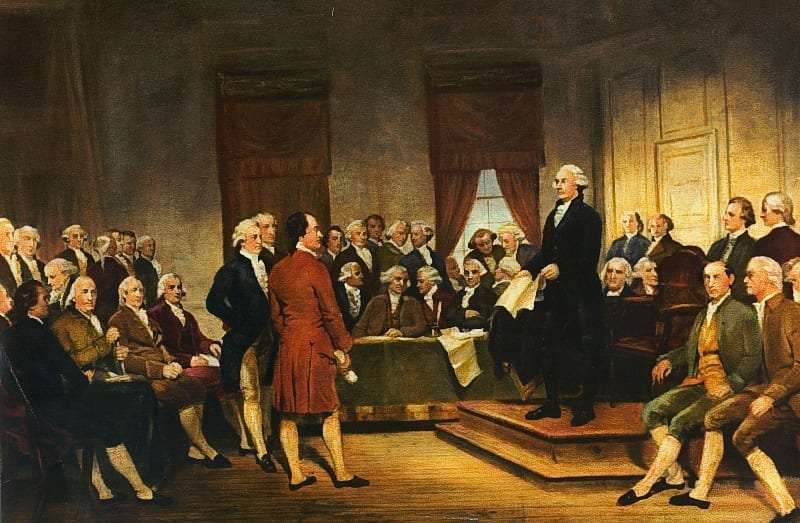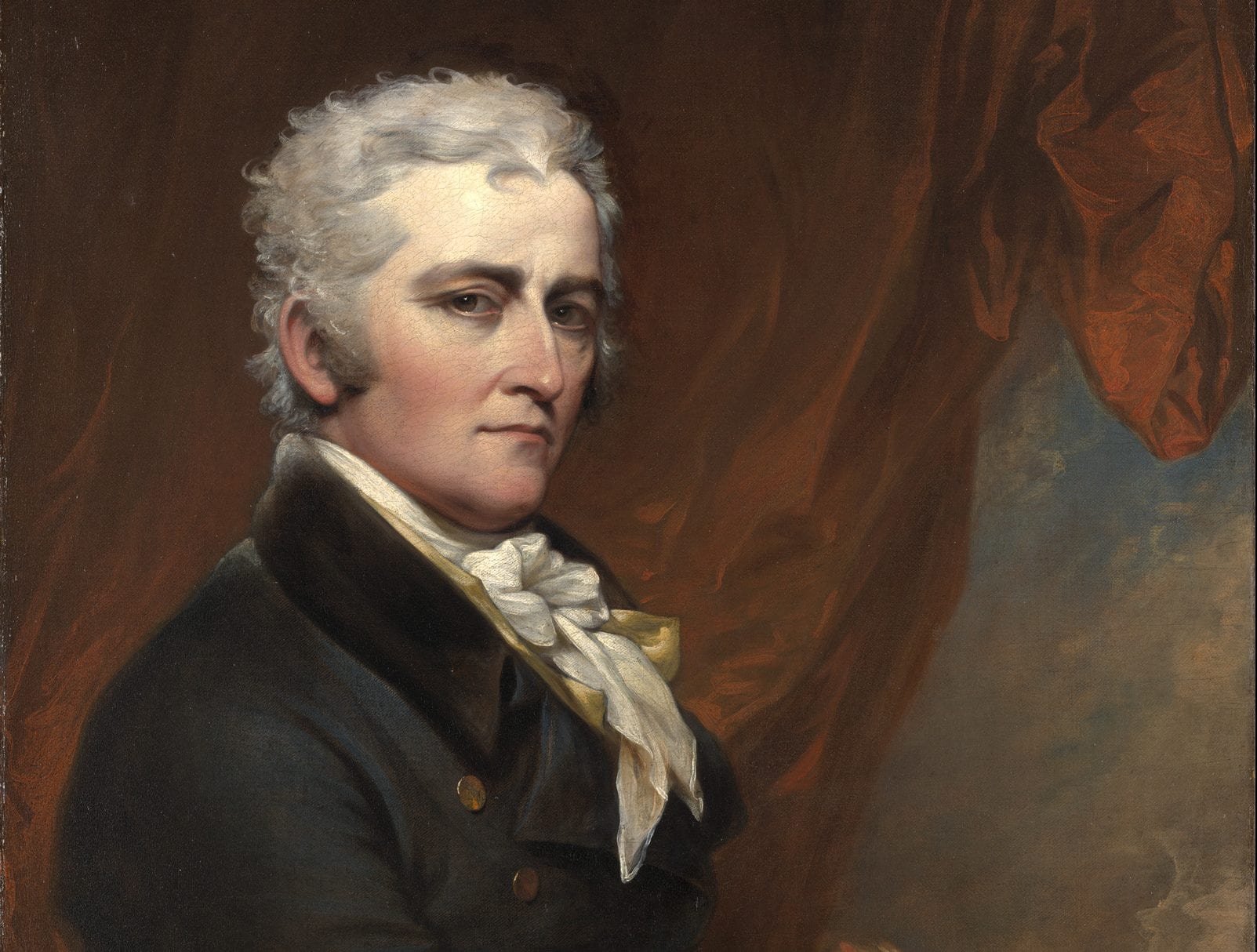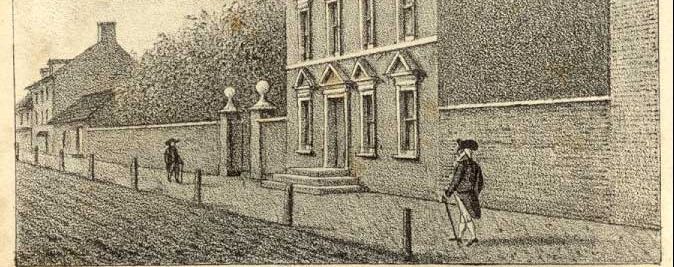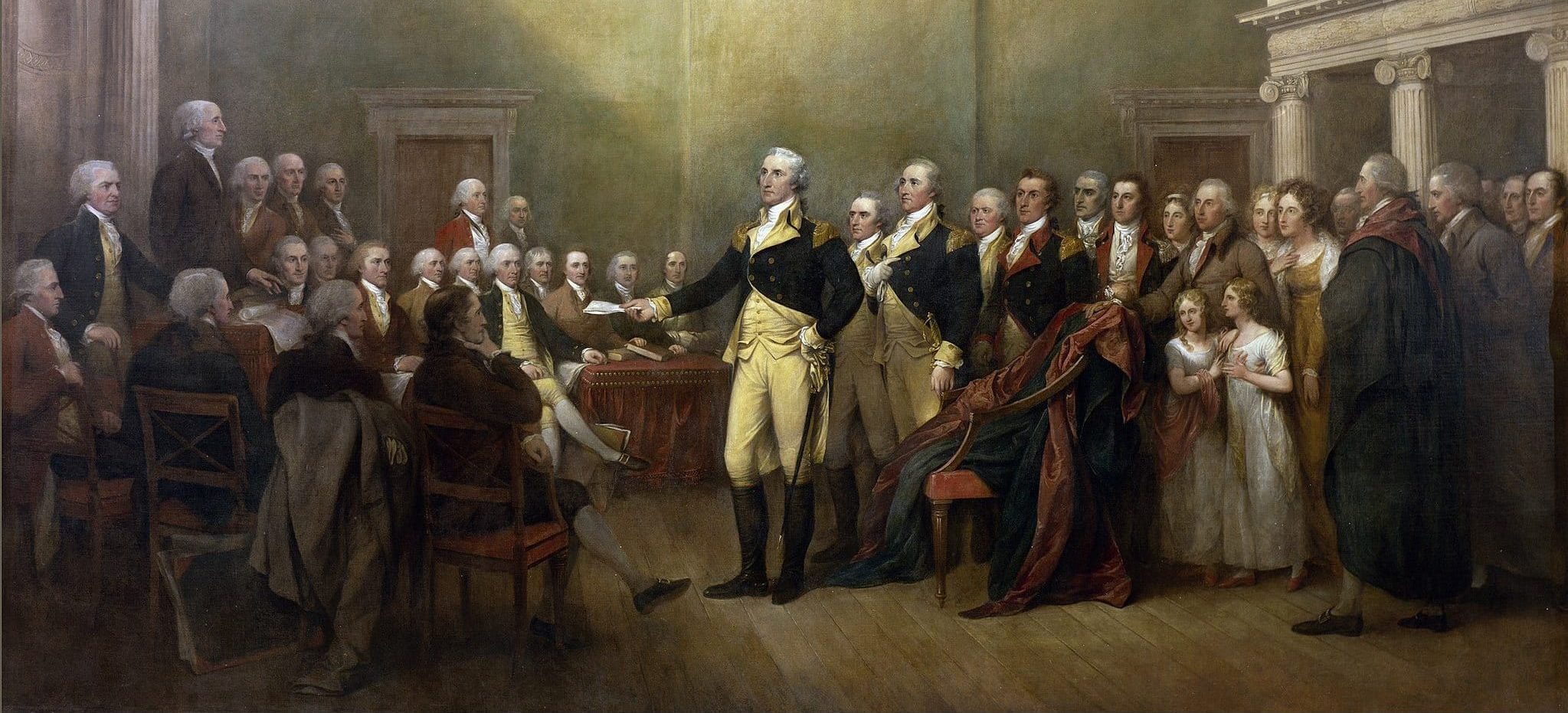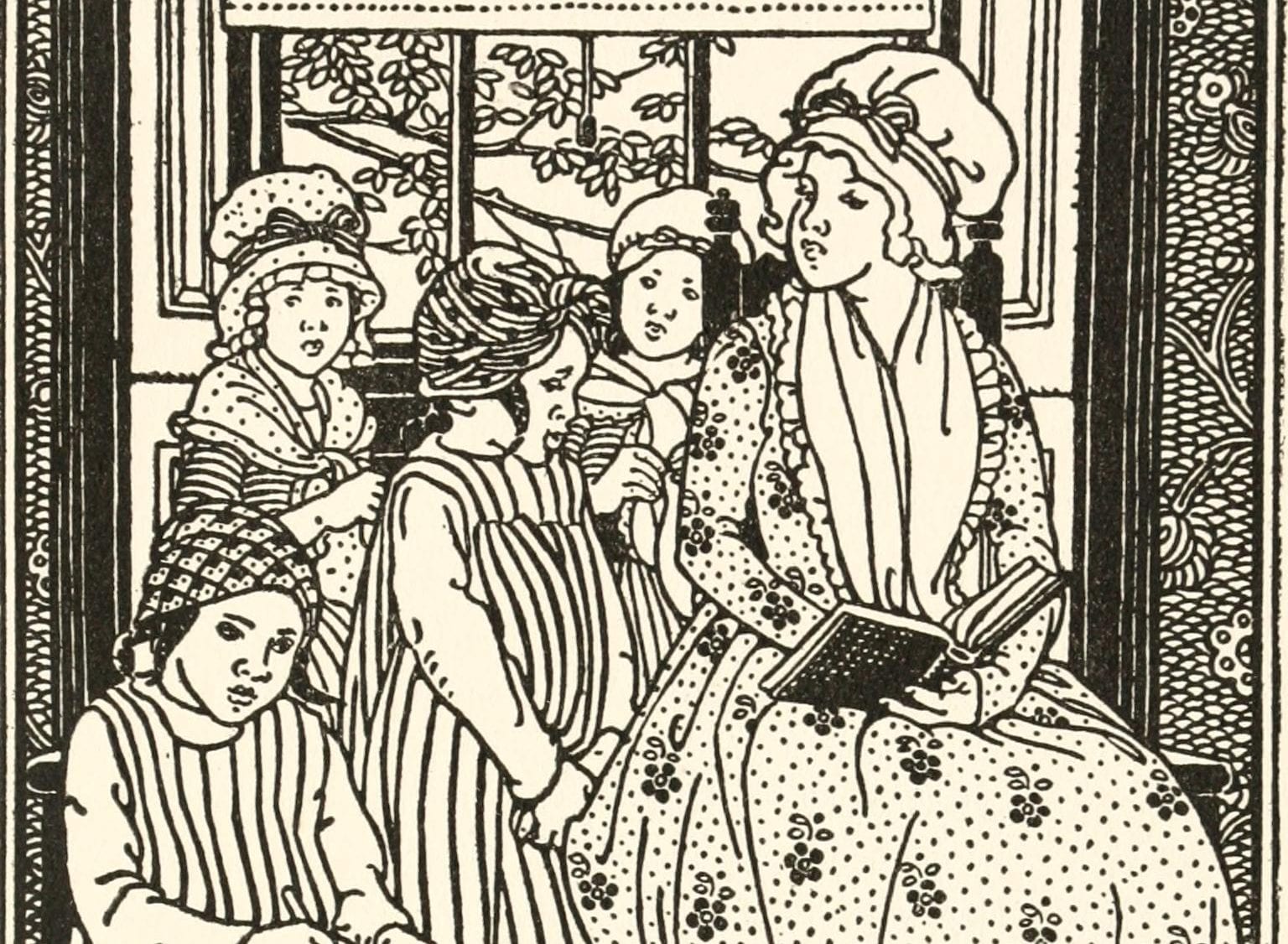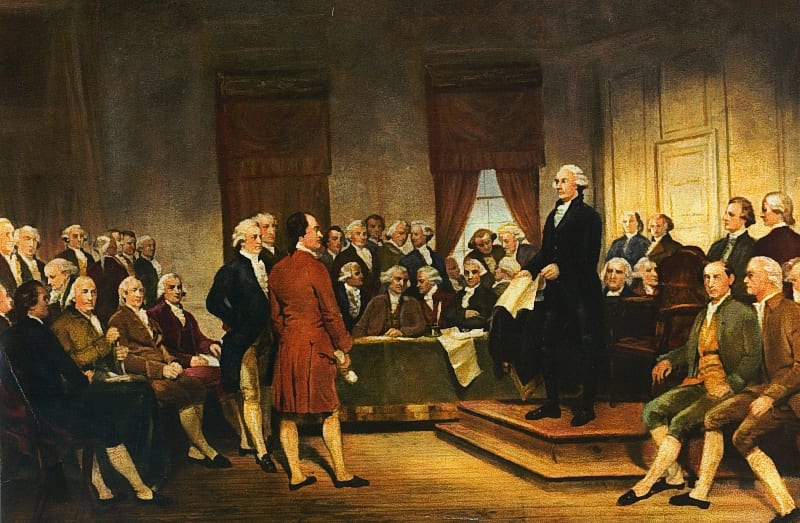
OBSERVATIONS ON THE CONSTITUTION
proposed by the FEDERAL CONVENTION.
The proposed confederation offers to us a system of diversified representation in the legislative, executive, and judicial departments, as essentially necessary to the good government of an extensive republican empire. Every argument to recommend it, receives new force, by contemplating events, that must take place. The number of states in America will encrease. If not united to the present, the consequences are evident. If united, it must be by a plan that will communicate equal liberty and assure just protection to them. These ends can never be attained, but by a close combination of the several states.
It has been asserted, that a very extensive territory cannot be ruled by a government of republican form. What is meant by this proposition? Is it intended to abolish all ideas of connection, and to precipitate us into the miseries of division, either as single states, or partial confederacies? To stupify us into despondence, that destruction may certainly seize us? The fancy of poets never feign’d so dire a Metamorphosis, as is now held up to us. The Aegis of their Minerva was only said to turn men into stones. This spell is to turn “a band of brethren,” into a monster, preying upon itself, and prey’d upon by all its enemies.
If hope is not to be abandoned, common sense teaches us to attempt the best means of preservation. This is all that men can do, and this they ought to do. Will it be said, that any kind of disunion, or a connection tending to it, is preferable to a firm union? Or, is there any charm in that despotism, which is said, to be alone competent to the rule of such an empire? There is no evidence of fact, nor any deduction of reason, that justifies the assertion. It is true, that extensive territory has in general been arbitrarily governed; and it is as true, that a number of republics, in such territory, loosely connected, must inevitably rot into despotism. Such territory has never been governed by a confederacy of republics. Granted. But, where was there ever a confederacy of republics, in such territory, united, as these states are to be by the proposed constitution? Where was there ever a confederacy, in which, the sovereignty of each state was equally represented in one legislative body, the people of each state equally represented in another, and the sovereignties & people of all the states conjointly represented in a third branch? Or, in which, no law could be made, but by the agreement of three such branches? Or, in which, the appointment to federal offices was vested in a chief magistrate chosen as our president is to be, with the concurrence of a senate elected by the sovereignties of each state? Or, in which, the other acts of the executive department were regulated, as they are to be with us? Or, in which, the federal judges were to hold their offices independently and during good behavior? Or, in which, the authority over the militia and troops was so distributed and controuled, as it is to be with us? Or, in which, the people were so drawn together by religion, blood, language, manners and customs, undisturbed by former feuds or prejudices? Or, in which, the affairs relating to the whole union, were to be managed by an assembly of several representative bodies, invested with different powers that became efficient only in concert, without their being embarrassed by attention to other business? Or, in which, a provision was made for the federal revenue, without recurring to coertion, the miserable expedient of every other confederacy that has existed, an expedient always attended with odium, & often with a delay productive of irreparable damage? Where was there ever a confederacy, that thus adhered to the first principle of society, obliging by its direct authority every individual, to contribute, when the public good necessarily required it, a just proportion of aid to the support of the commonwealth protecting him–without disturbing him in the discharge of the duties owing by him to the state of which he is an inhabitant; and at the same time so amply, so anxiously provided, for bringing the interests, and even the wishes of every sovereignty and of every person of the union, under all their various modifications and impressions, into their full operation and efficacy in the national councils? The instance never existed. The conclusion ought not to be made. It is without premises.
It has been said, that the varied representation of sovereignties and people in the legislature, was a mere compromise.
This is a great and dangerous mistake. The equal representation of each state in one branch of the legislature, was an original substantive proposition, as the writer is instructed, made in Convention, very soon after the draft offered by Virginia to which state United America is much indebted not only in other respects, but for her merit in the origination and prosecution of this momentous business.
The proposition was expressly made upon this principle, that a territory of such extent as that of United America, could not be safely and advantageously governed, but by a combination of republics, each retaining all the rights of supreme sovereignty, excepting such as ought to be contributed to the union; that for the securer preservation of these sovereignties, they ought to be represented in a body by themselves, and with equal suffrage; and that they would be annihilated, if both branches of the legislature were to be formed of representatives of the people, in proportion to the number of inhabitants in each state.
The principle appears to be well founded in reason. Why cannot a very extensive territory be ruled by a government of republican form? Because, its power must languish through distance of parts. Granted, if it be not a “body by joints and bands having nourishment ministered and knit together.” If it be such a body, the objection is removed. Instead of such a perfect body, framed upon the principle that commands men to associate, and societies to confederate; that which by communicating and extending happiness, corresponds with the gracious intentions of our maker towards us his creatures; what is pro-posed? Truly, that the natural legs and arms of this body should be cut off, because they are too weak, and their places supplied by stronger limbs of wood and iron.
Arbitrary princes rule extensive territories, by sending viceroys to govern certain districts.
America is, and will be, divided into several sovereign states, each possessing every power proper for governing within its own limits for its own purposes, and also for acting as a member of the union.
They will be civil and military stations, conveniently planted throughout the empire, with lively and regular communications. A stroke, a touch upon any part, will be immediately felt by the whole. Rome famed for imperial arts, had a glimpse of this great truth; and endeavoured, as well as her hard hearted policy would permit, to realize it in her COLONIES. They were miniatures of the capital: But wanted the vital principle of sovereignty, and were too small. They were melted down into, or overwhelmed by the nations around them. Were they now existing, they might be called, little statues–something like to our living originals. These will bear a remarkable resemblance to the mild features of patriarchal government, in which each son ruled his own houshold, and in other matters the whole family was directed by the common ancestor.
Will a people thus happily situated, and attached as they will naturally be, with an ardor of affection to their own state, ever desire to exchange their condition, for subjection to an absolute ruler, or can they ever look but with veneration, or act but with deference to that union, that alone can, under providence, preserve them from such subjection?
Can any government be devised, that will be more suited to citizens, who wish for equal freedom and common prosperity? better calculated for preventing corruption of manners? for advancing the improvements that endear or adorn life? or that can be more conformed to the nature and understanding, to the best and the last end of man? What harvests of happiness may grow from the seeds of liberty that are now sowing? The cultivation will indeed demand continual care, unceasing diligence, and frequent conflicts with difficulties. This too is consonant to the laws of our nature. As we pass through night into day, so we do through trouble into joy. Generally, the higher the prize, the deeper the suffering. We die into immortality. To object against the benefits offered to us by our Creator, by excepting to the terms annexed, is a crime to be equalled only by its folly.
Delightful are the prospects that will open to the view of United America— her sons well prepared to defend their own happiness, and ready to relieve the misery of others–her fleets formidable, but only to the unjust–her revenue sufficient, yet unoppressive–her commerce affluent, without debasing–peace and plenty within her borders–and the glory that arises from a proper use of power, encircling them.
Whatever regions may be destined for servitude, let us hope, that some portions of this land may be blessed with liberty; let us be convinced, that nothing short of such an union as has been proposed, can preserve the blessing; and therefore let us be resolved to adopt it.
As to alterations, a little experience will cast more light upon the subject, than a multitude of debates. Whatever qualities are possessed by those who object, they will have the candor to confess, that they will be encountered by opponents, not in any respect inferior, and yet differing from them in judgment, upon every point they have mentioned.
Such untired industry to serve their country, did the delegates to the federal convention exert, that they not only laboured to form the best plan they could, but, provided for making at any time amendments on the authority of the people, without shaking the stability of the government. For this end, the Congress, whenever two thirds of both houses shall deem it necessary, shall propose amendments to the constitution, or, on the application of the legislatures of two thirds of the several states, SHALL call a convention for proposing amendments, which, in either case, shall be valid to all intents and purposes, as part of the constitution, when ratified by the legislatures of three-fourths of the several states, or by conventions in three-fourths thereof, as one or the other mode of ratification may be proposed by Congress.
Thus, by a gradual progress, as has been done in England, we may from time to time introduce every improvement in our constitution, that shall be suitable to our situation. For this purpose, it may perhaps be adviseable, for every state, as it sees occasion, to form with the utmost deliberation, drafts of alterations respectively required by them, and to enjoin their representatives, to employ every proper method to obtain a ratification.
In this way of proceeding the undoubted sense of every state, collected in the coolest manner, not the sense of individuals, will be laid before the whole union in Congress, and that body will be enabled with the clearest light that can be afforded by every part of it, and with the least occasion of irritation, to compare and weigh the sentiments of all United America; forthwith to adopt such alterations as are recommended by general unanimity; by degrees to devise modes of conciliation upon contradictory propositions; and to give the revered advice of our common country, upon those, if any such there should be, that in her judgment are inadmissible, because they are incompatible with the happiness of these states.
It cannot be with reason apprehended, that Congress will refuse to act upon any articles calculated to promote the common welfare, tho’ they may be unwilling to act upon such as are designed to advance PARTIAL interests: but, whatever their sentiments may be, they MUST call a Convention for proposing amendments, on applications of two-thirds of the legislatures of the several states.
May those good citizens, who have sometimes turned their thoughts towards a second Convention, be pleased to consider, that there are men who speak as they do, yet do not mean as they do. These borrow the sanction of their respected names, to conceal desperate designs. May they also consider, whether persisting in the suggested plan, in preference to the constitutional provision, may not kindle flames of jealousy and discord, which all their abilities and virtues can never extinguish.
Fabius IX
May 01, 1788
Conversation-based seminars for collegial PD, one-day and multi-day seminars, graduate credit seminars (MA degree), online and in-person.




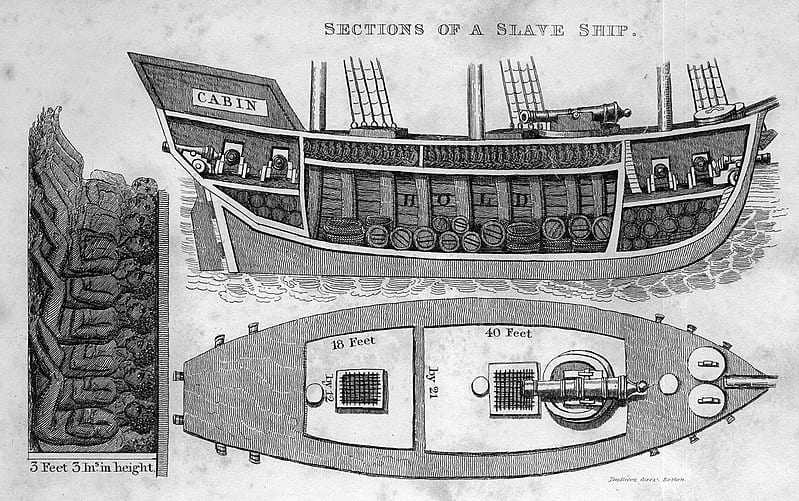






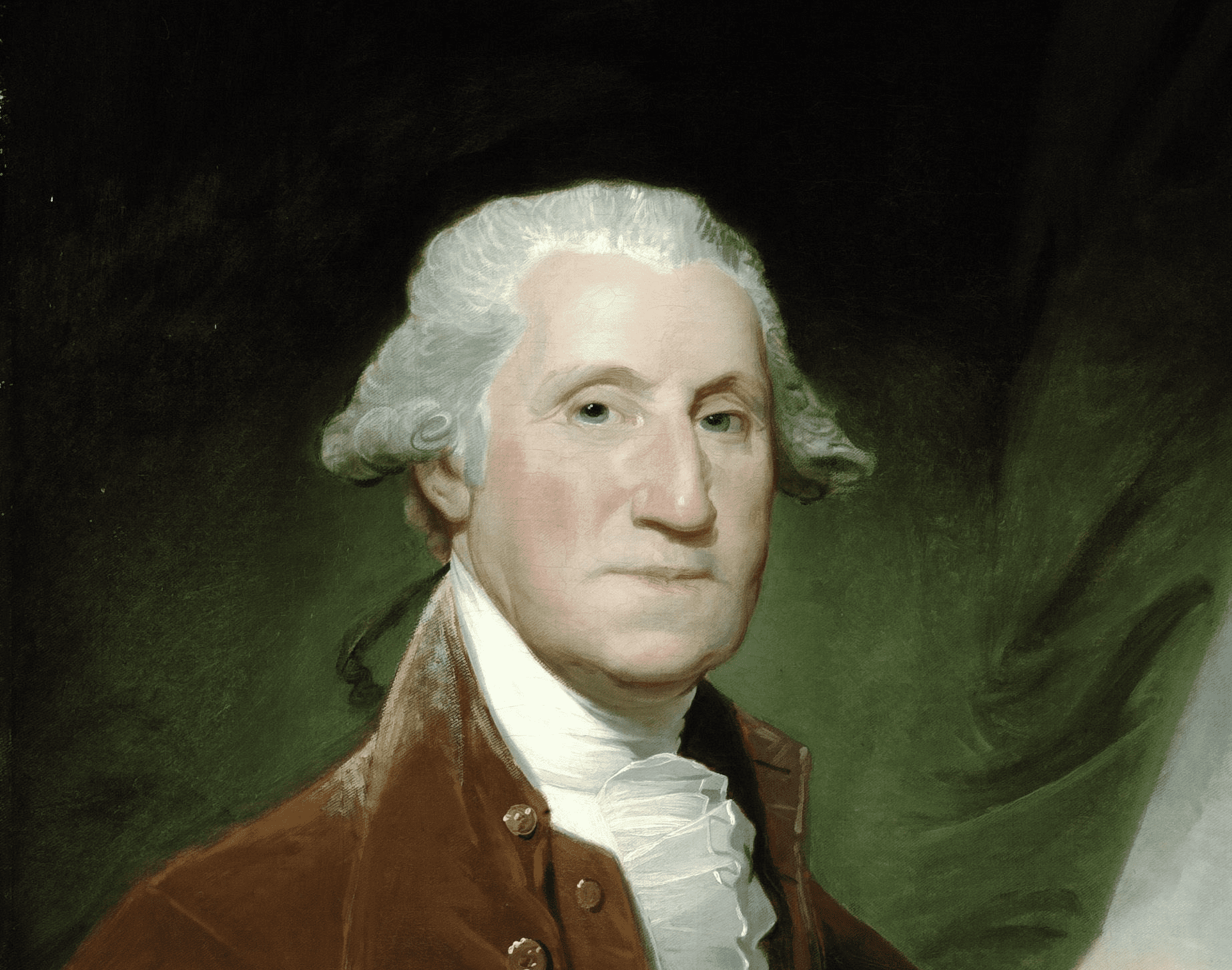
















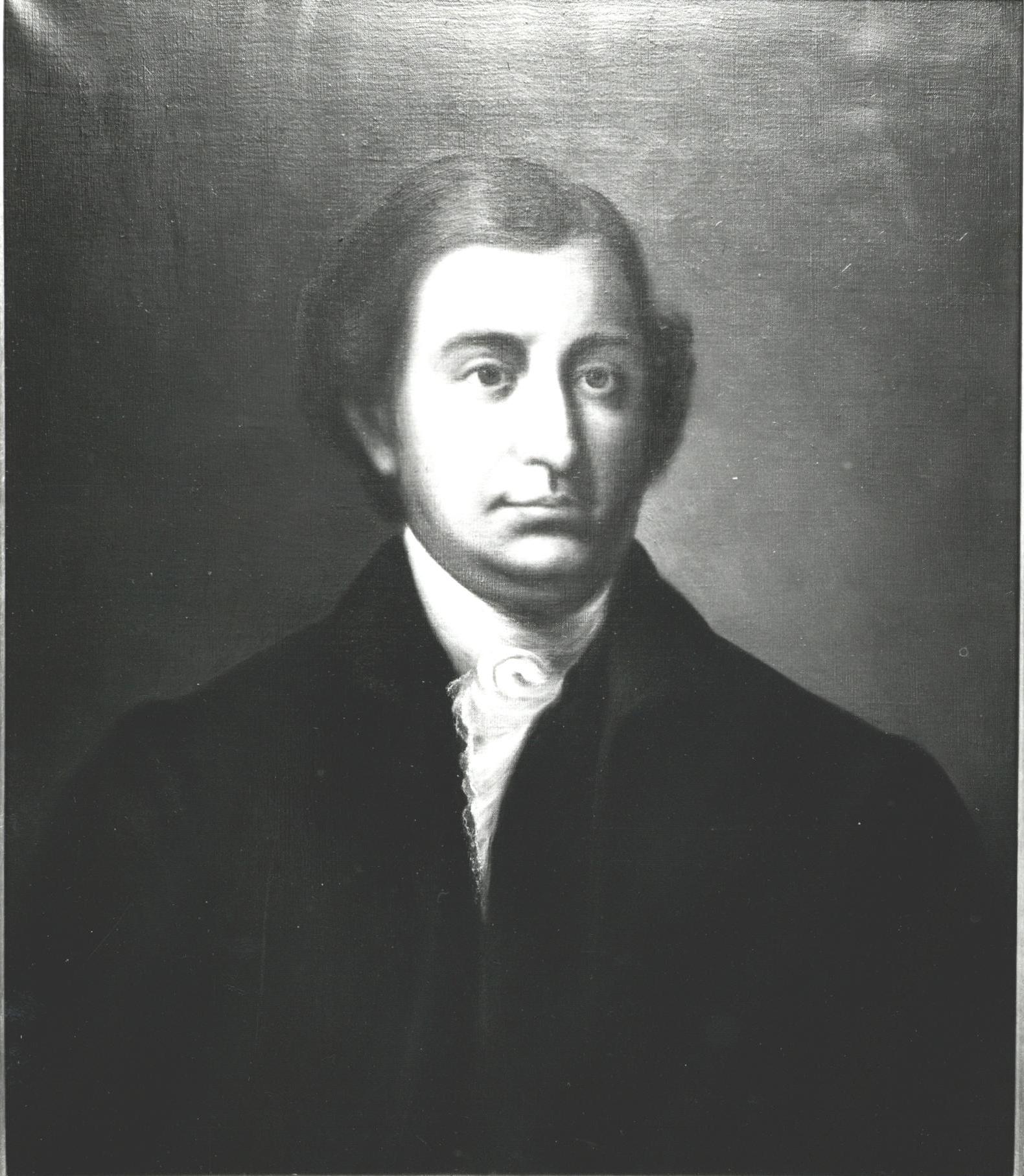
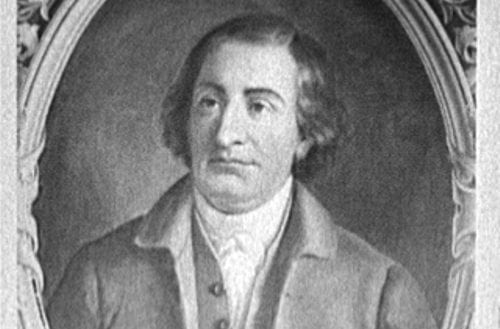
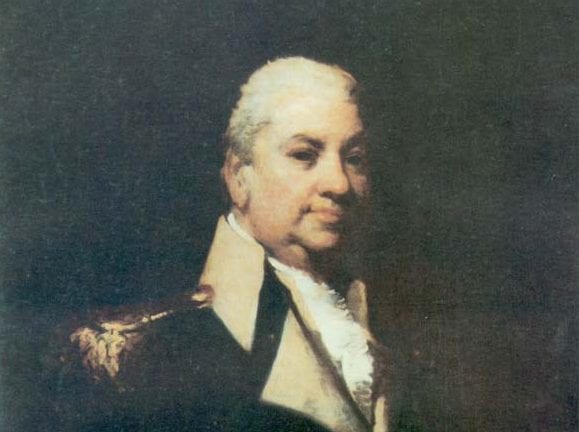


















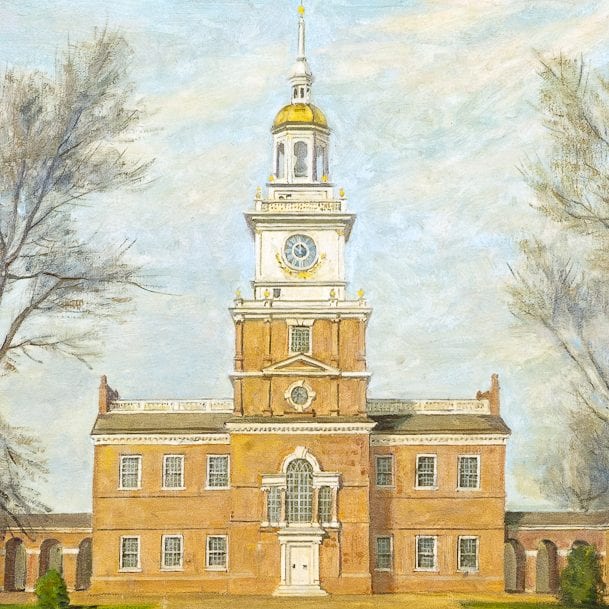

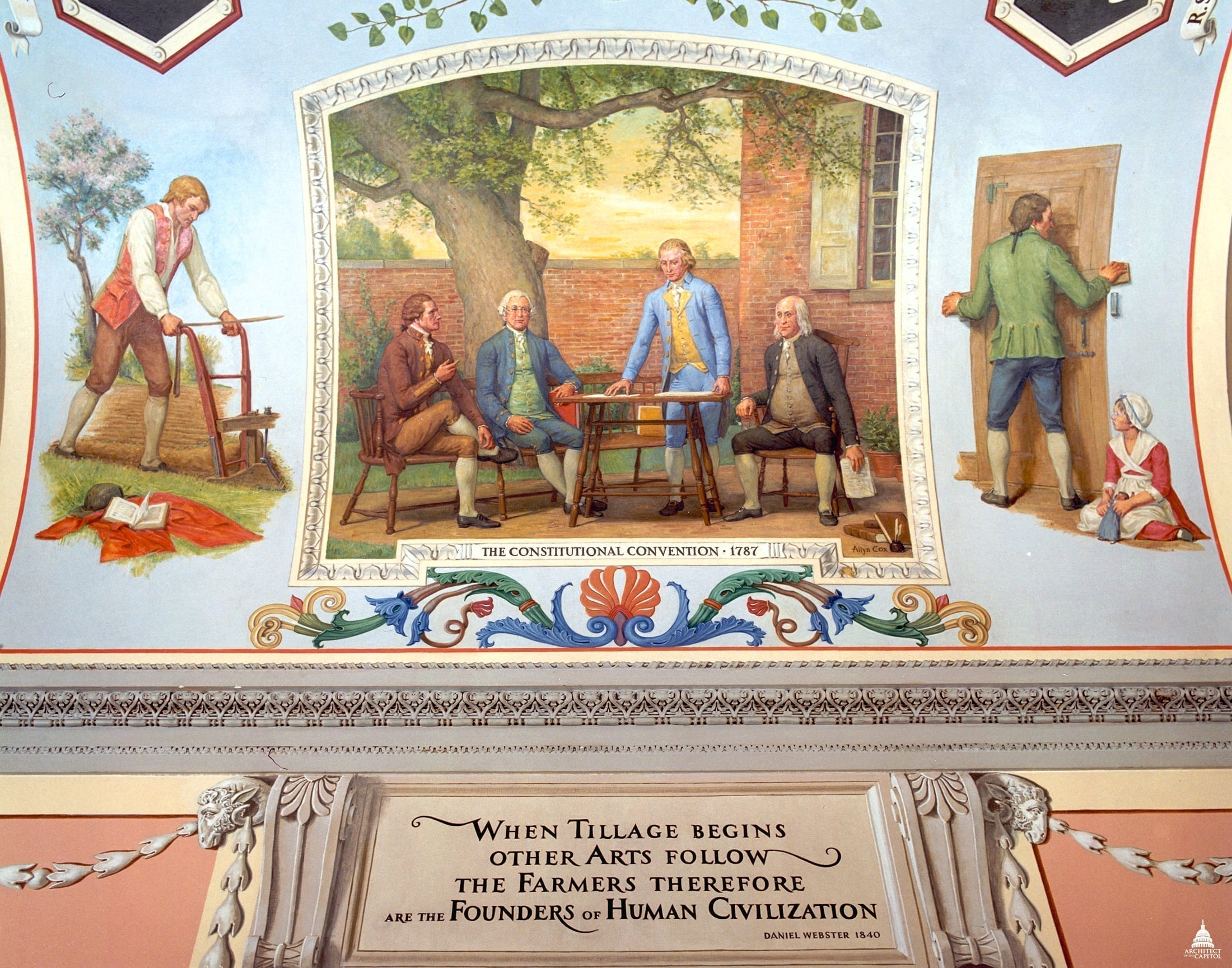

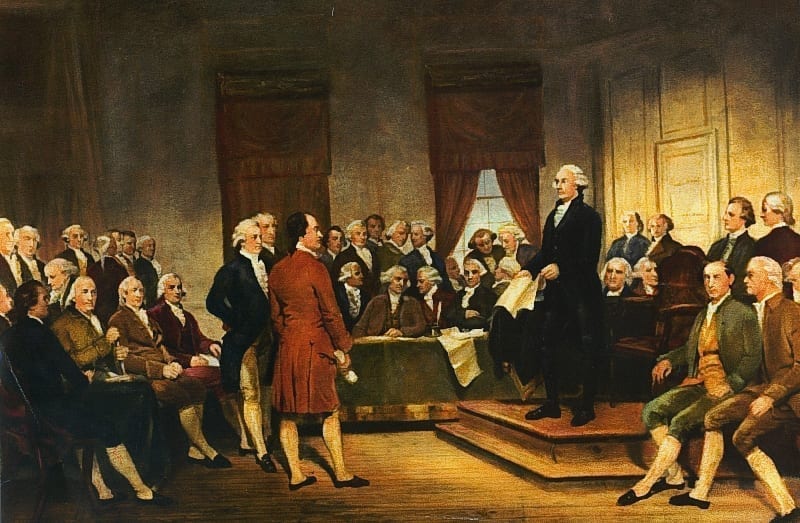


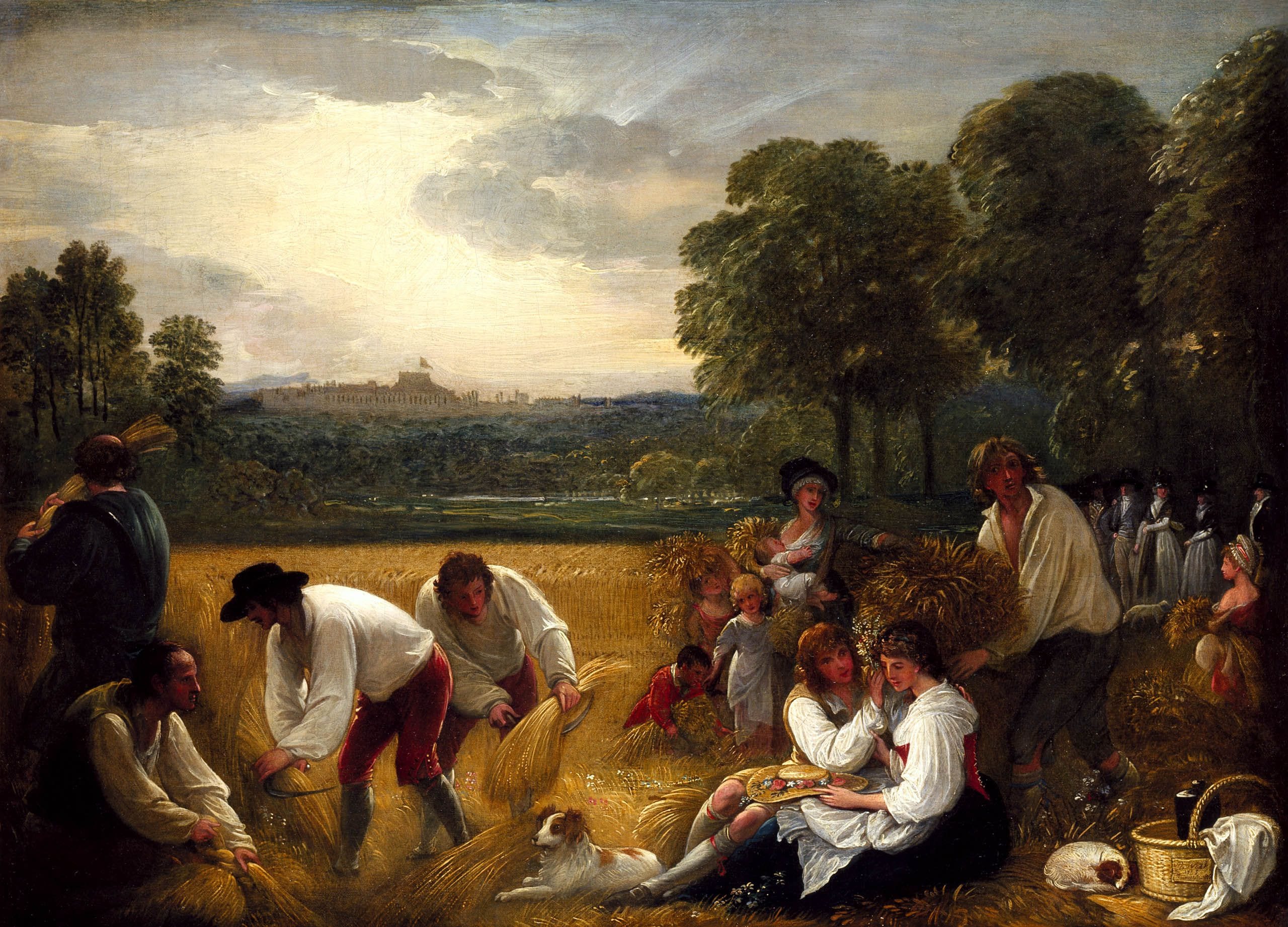
















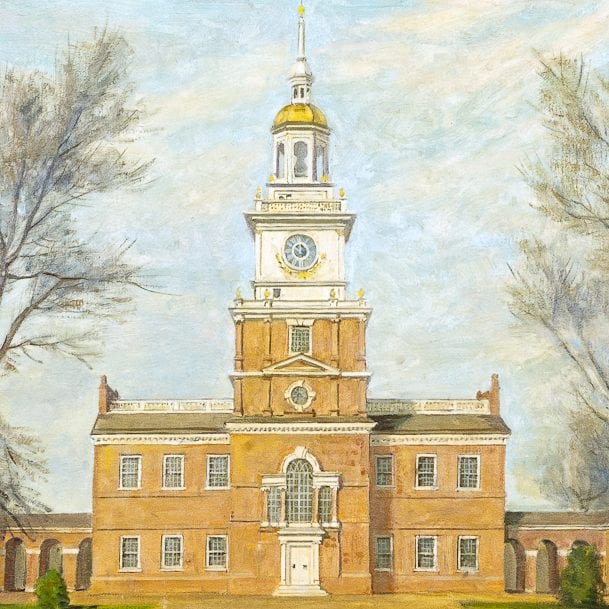
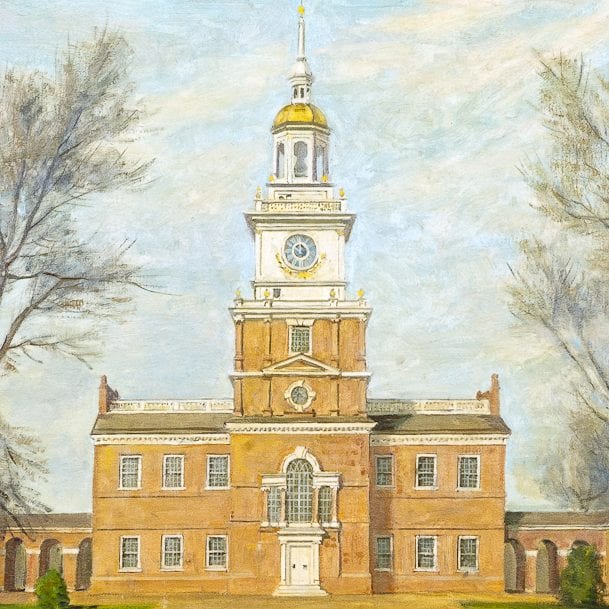


































































































![Finley, A. (1829) Pennsylvania. Philada. [Map] Retrieved from the Library of Congress, https://www.loc.gov/item/98688548/.](/content/uploads/2024/02/Map-of-PA--273x190.jpg)





















